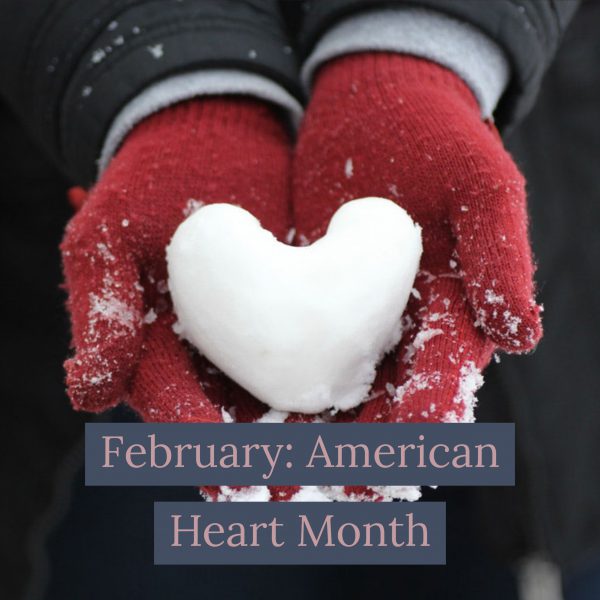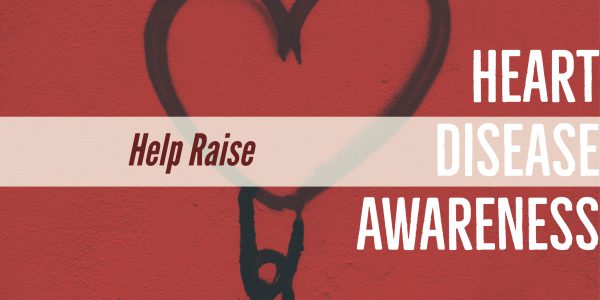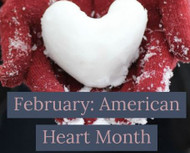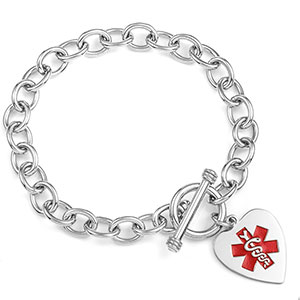American Heart Month – February Raises Awareness
15th Apr 2022

“Nearly 80 percent of cardiac events can be prevented with education and lifestyle changes”. – American Heart Association
Globally, cardiovascular disease is the leading cause of death and it’s expected that it will remain that way as the number of persons diagnosed with cardiovascular disease increases daily.
February, in the USA, is known as American Heart Month and it comes with multifaceted goals including increasing cardiovascular health awareness so as to assist people to live longer, more fulfilling lives free from disease such as heart disease. Additionally, it helps to serve as a way to educate communities and individuals about what heart disease is and how it affects the lives of so many.
-
What are some Symptoms of Heart Disease?
-
What should I do if I or someone I love has heart disease?
-
How can I help make a difference?
First – Here are some of the most common symptoms of heart disease, however, much of the time, people go undiagnosed because they don’t notice these symptoms and don’t get a check-up. Always make sure to see your doctor regularly. Best to be safe rather than sorry.
- Fatigue
- Shortness of breath
- Irregular heartbeat
- Swollen Ankles
- Chest pain
- Fainting
Next – What should you do if you’re diagnosed with heart disease or someone you care for is?
If you or someone you know is diagnosed, then typically one of 3 items or more will occur. Chances are your doctor will recommend that you change your lifestyle to one that is more conducive to healthy living. If you smoke, you should quit. If you drink alcohol, you’ll likely want to leave that habit in the past also. Additionally, you’ll want to adopt a healthy diet and begin exercising regularly. In some instances, doctors will recommend you begin taking some form of medication proven to be beneficial for persons living with heart disease and surgery could be recommended as well.
If you have heart disease, it’s a smart idea to get some form of medical identification such as a medical bracelet or medical wallet card that lists your condition and any medications you take or allergies you have just in case you faint or are not able to communicate for yourself in an emergency.
Last, How you can you help to make a difference?
One of the most common ways to assist with heart disease is to donate money or items that people need. Money goes a long way to assist with research and raising awareness. Volunteering at the American heart association is another thing you can do to make a positive difference in the lives of people living with this disease. Creating content which shares statistics and options for preventative care online and face to face is another great way to raise awareness and ultimately help make a difference.

February is a great time to bring much-needed attention to heart disease, but so is every month in the calendar! Use February’s American Heart Disease observance to start you on the right path and then start making a difference however you can! If you haven’t already, get to your doctor and get a check-up!



